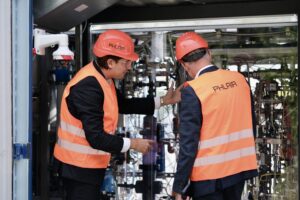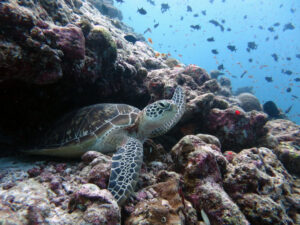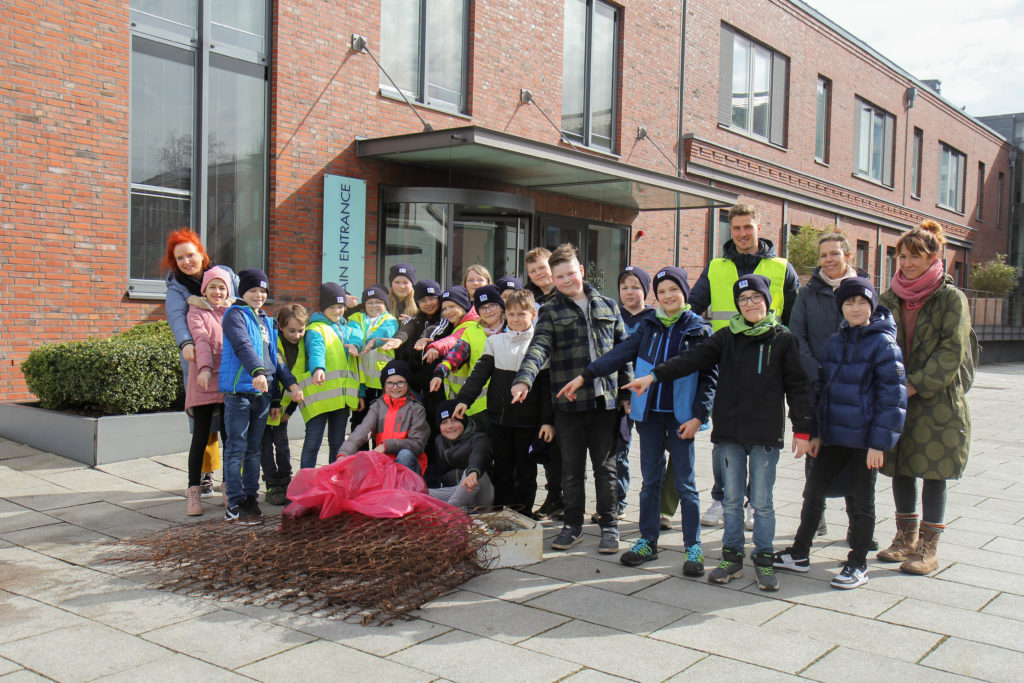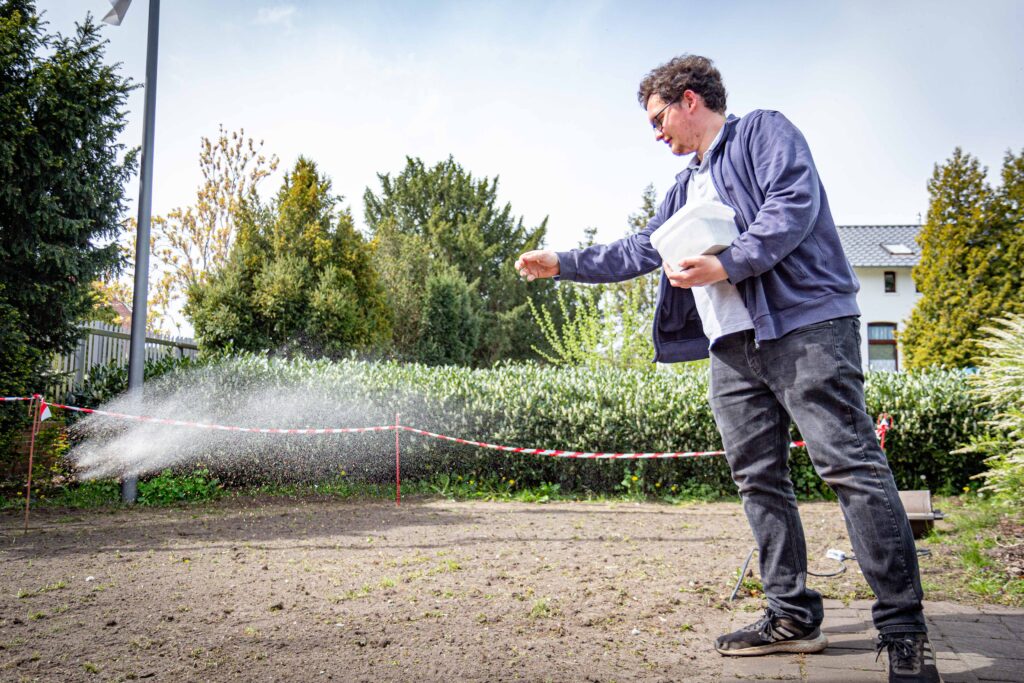
Making positive impacts
We focus on purpose

NSB’s commitment to people and our planet
Sustainability is at the core of our strategy. We at NSB believe that the only way forward is through sustainable development by striking a balance between economic growth, environmental care and social well-being.
Some of our latest involvements towards sustainability
Direct Air Capture & Carbon Removal

NSB partners with Phlair, a German direct air capture company. Phlair delivers carbon dioxide removal credits (CDR) generated through its Direct Air Capture (DAC) technology to help us address unavoidable residual emissions from our onshore maritime operations. The credits will be produced by capturing CO₂ from the atmosphere at Phlair’s DAC facility, “Dawn”, and permanently storing it underground.
Measuring and fighting plastic pollution

NSB GROUP participates in the Eyesea initiative since 2020. Concretely, the crew members can report precisely any pollution or environmental threats at sea. This reporting enables Eyesea to know early on and where clean-up actions are needed and prevent further damages. Eyesea collects valuable data about ocean pollution and it involves seafarers in their working environment.
Turtle & wildlife protection

NSB GROUP has entered a continuous partnership with the Olive Ridley Project (ORP) – an international non-governmental organization that works to protect sea turtles and their habitats through rescue and conservation medicine, scientific research, education, and outreach. ORP has sanctuaries in different countries like the Maledives, Pakistan, or Kenya.



